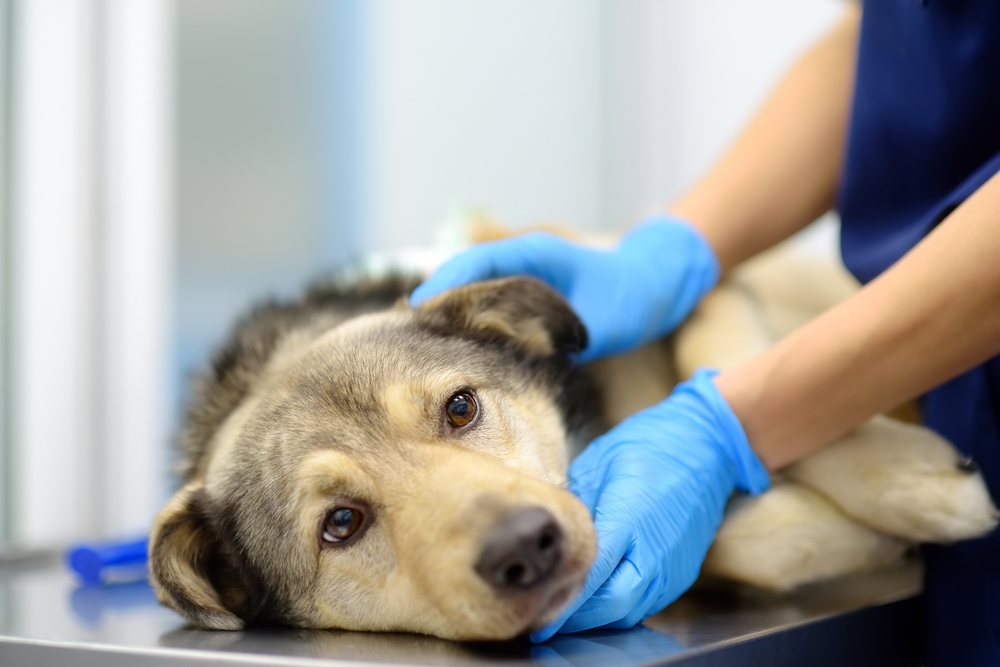News List

November 26, 2025
When something feels “off,” it can be unsettling. Whether your cat suddenly becomes withdrawn or your dog starts acting restless, these changes often signal that something deeper may be going on.

July 16th, 2025
Regular veterinary check-ups are one of the best ways to ensure your pet lives a long, happy, and healthy life. But how often should you actually schedule those visits? The answer depends on several factors, including your pet’s age, species, breed, and overall health.

Ear infections are a common issue for pets, especially dogs and cats with floppy ears or allergies. While they may start as a mild irritation, untreated ear infections can quickly lead to pain, discomfort, and more serious health problems.

As the winter months set in, colder temperatures and shorter days can make it difficult to maintain your pet’s usual level of physical activity. However, keeping your pet active and mentally stimulated indoors is essential for their well-being. Without enough enrichment, pets can develop boredom, stress, or even unwanted behaviors. Fortunately, there are many ways to engage your pet in stimulating activities right from the comfort of your home.

Dental health plays a vital role in the overall well-being of our pets. However, while it’s easy to spot visible signs of dental problems like tartar buildup or gum inflammation, many oral issues lie hidden beneath the surface. Dental radiology, or dental X-rays, allows veterinarians to examine the areas of a pet’s mouth that can’t be seen during a routine visual exam.

Allergic reactions in pets occur when the immune system overreacts to a specific substance, triggering an inflammatory response. This can happen when a pet is exposed to an allergen, which can be anything from certain foods to environmental factors like pollen or dust mites. Understanding the underlying causes and mechanisms behind these reactions is the first step in effectively managing them.

Veterinary dentistry is an important branch of veterinary medicine that focuses on the oral health of animals. Animals can suffer from dental problems that can cause pain, discomfort, and other health issues.

When it comes to your furry friends, you probably ensure they get the best food, plenty of exercise, and regular vet check-ups. But what about your pet's dental health? This aspect often gets overlooked, but it's essential for the overall well-being of your dog. Just like in humans, dental health in dogs is crucial in preventing various diseases and ensuring a healthy life.

September 12, 2023
The appeal of homemade dog food lies in its freshness and the ability to control what goes into your dog's diet. You can eliminate preservatives, artificial colors, and flavors, which are common in many commercial dog foods. However, it is crucial to understand the nutritional needs of your pet before switching to homemade meals entirely.

August 31, 2023
The Humane Society of the United States reports that millions of pets end up in shelters every year. Adopting these sweet animals can provide a new start for you and the pet, but you should have them screened for common health conditions as soon as possible.









